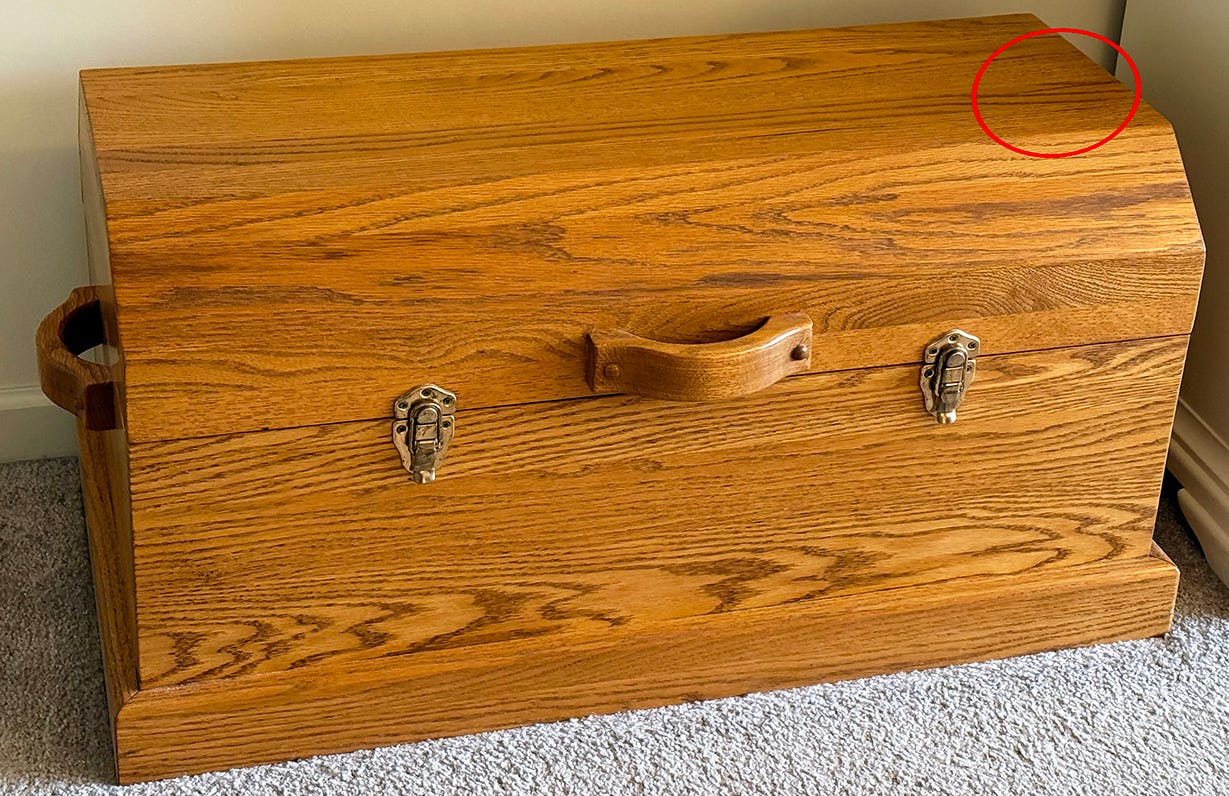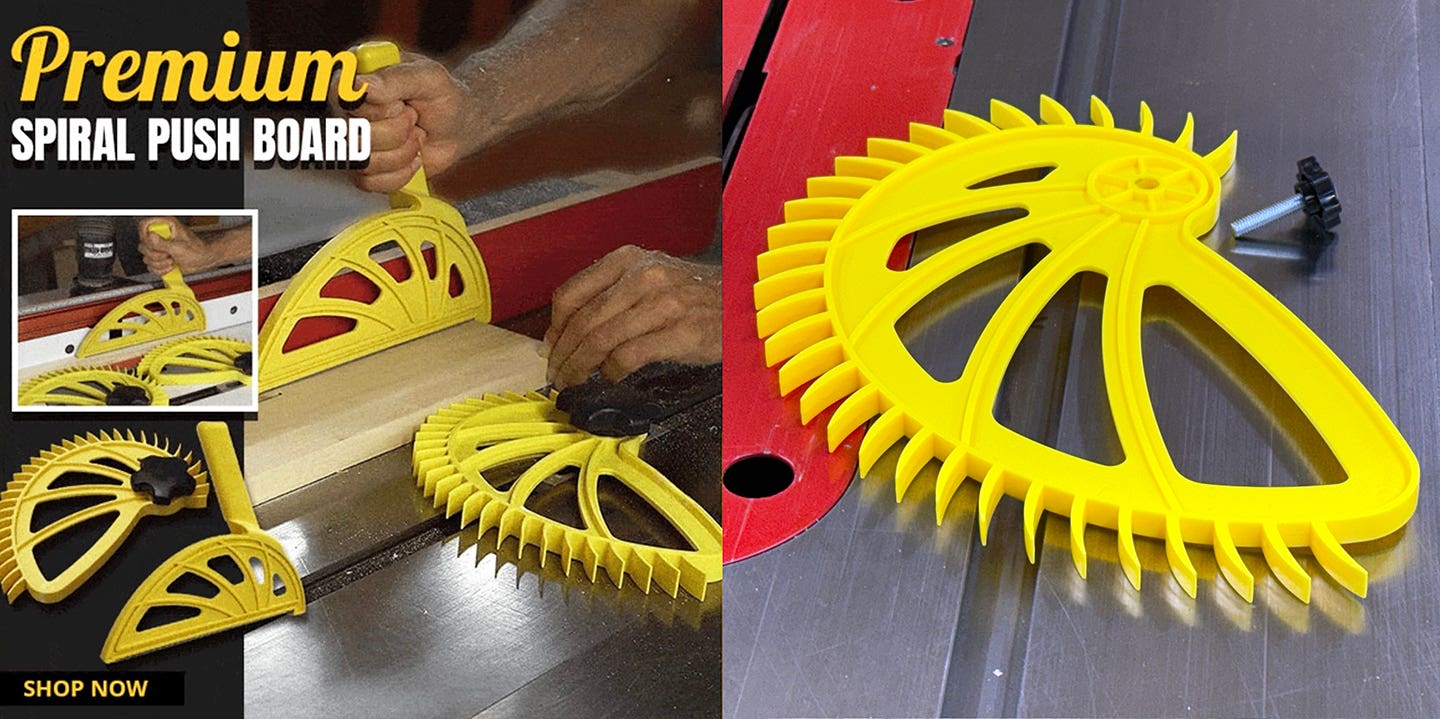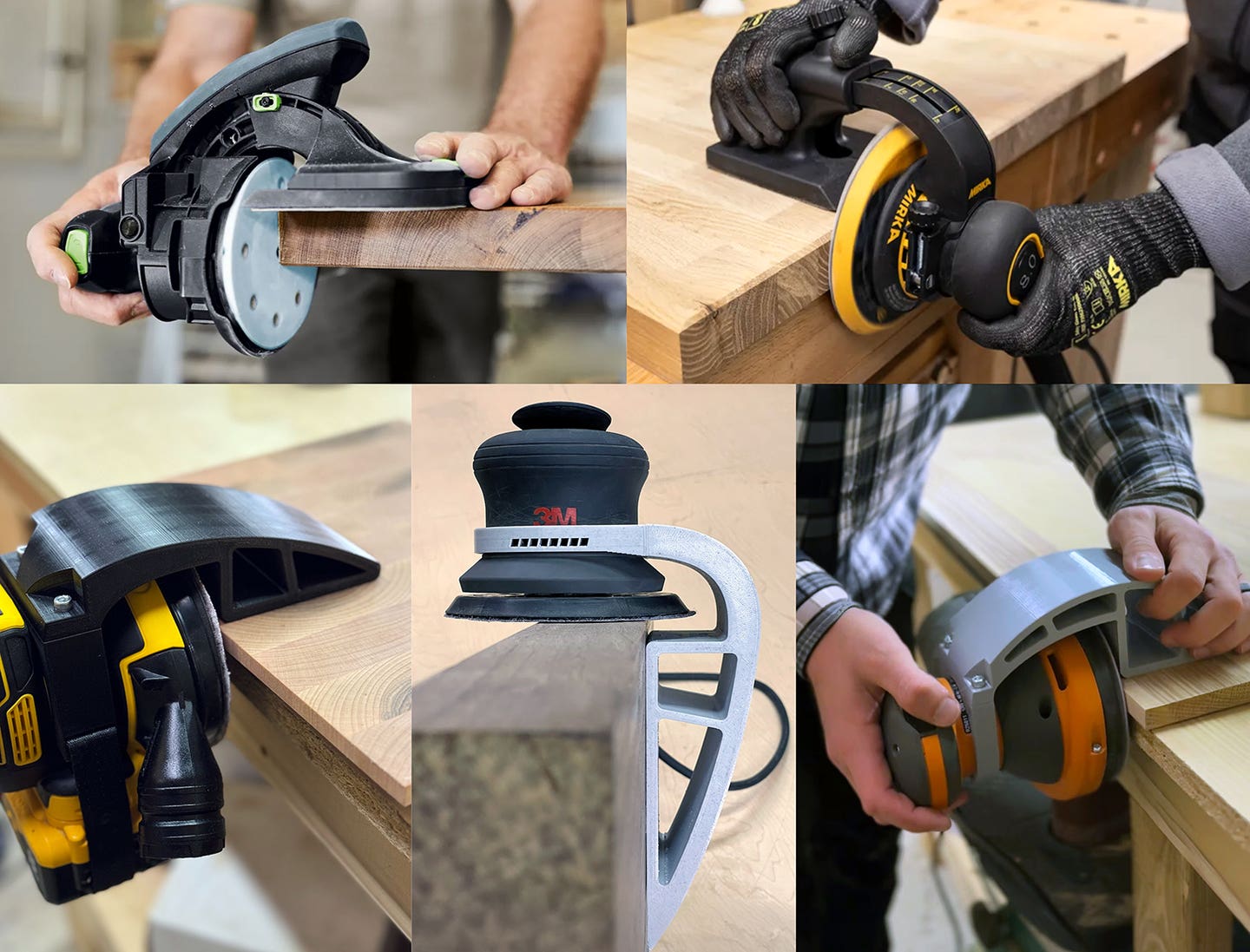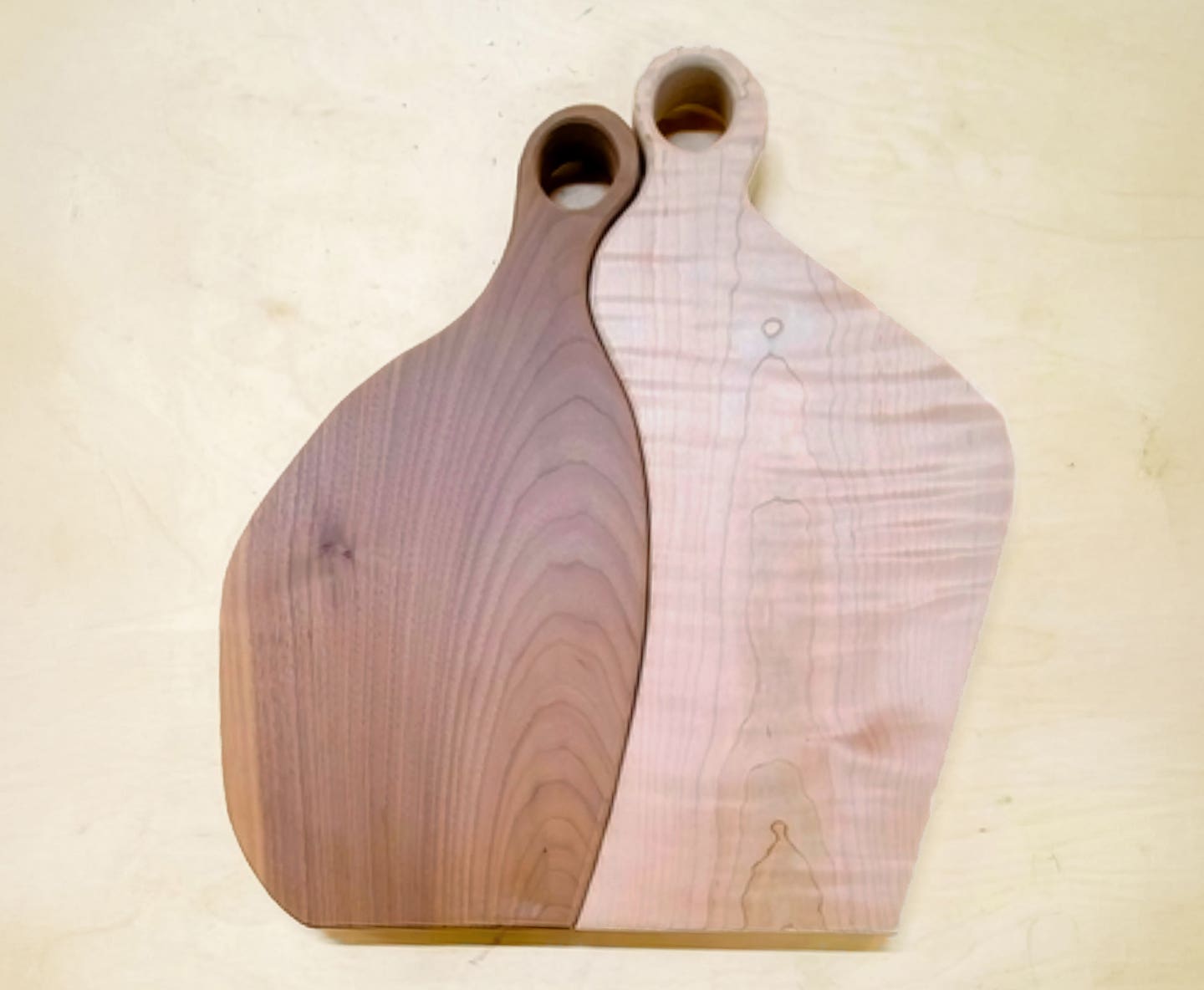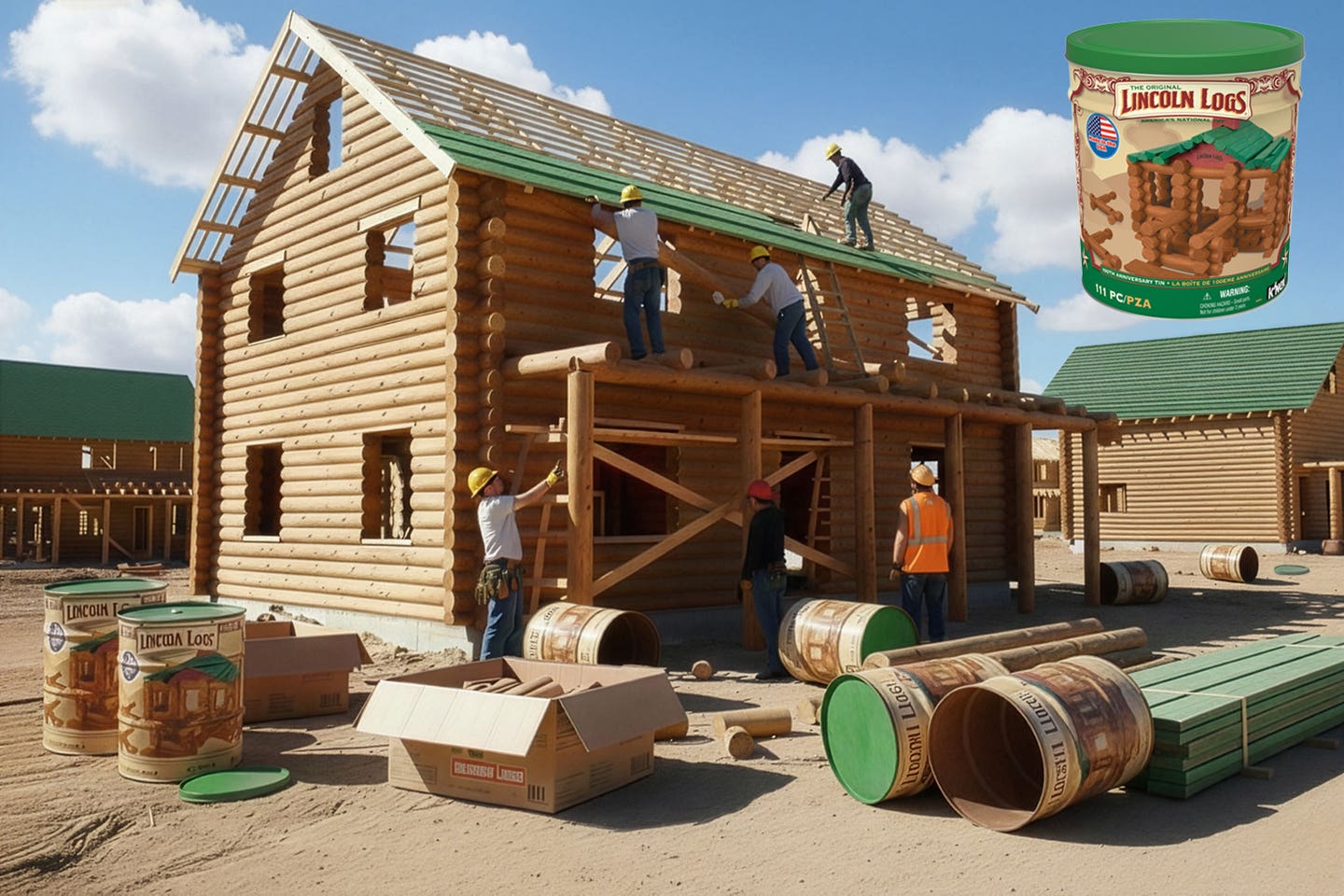Old words
As if gray hair and owning three pairs of glasses were not enough evidence, the fact that I’ve witnessed changes in the language is proof positive that I’m getting old….
As if gray hair and owning three pairs of glasses were not enough evidence, the fact that I've witnessed changes in the language is proof positive that I'm getting old.
I vividly remember speaking common American English before the word "groovy" was invented. Unfortunately, I remember back far enough that I know and used probably three different words that meant the same thing for a short time before being replaced by another word before groovy came along. Since then, probably a dozen more have come and gone.
Same thing with woodworking. Once upon a time scroll saws were stationary foot-powered machines with a table, but later came to be called jigsaws. Then handheld electric saber saws came out. At some point, folks started calling saber saws jigsaws, and when that happened jigsaws went back to being called scroll saws again. Full circle.
That handheld thing with the circular blade? They started out being called circular saws. Then Skil came out with one called a Skil Saw and the name became genericized as "skill saw" (much as any tissue is called a Kleenex these days). Some older carpenters still call them that, but generally they're back to circular saws. It'd be redundant all over again to call that a full circle.
Knowing exactly what kind of SPF lumber you're getting at a big box store these days has become such a mystery that they don't even try to label it correctly anymore. It could be spruce, pine or fir or some mix of the three in the rack so they just call it all "whitewood" now.
I was in one of those job-lot kinds of stores the other day, and in the home improvement aisle saw a package labeled "coating applicators." Looked a lot like paintbrushes to me, though.
I hate to be a Luddite about this sort of thing, but can't we leave well enough alone? I find it hard enough to keep up with changing woodworking technology, much less changing woodworking terminology. I feel sometimes I need a translator just to go to the store for shop supplies.
And that's a bummer, daddy-o.
Till next time,
A.J.
A.J. Hamler is the former editor of Woodshop News and Woodcraft Magazine. He's currently a freelance woodworking writer/editor, which is another way of stating self-employed. When he's not writing or in the shop, he enjoys science fiction, gourmet cooking and Civil War reenacting, but not at the same time.


